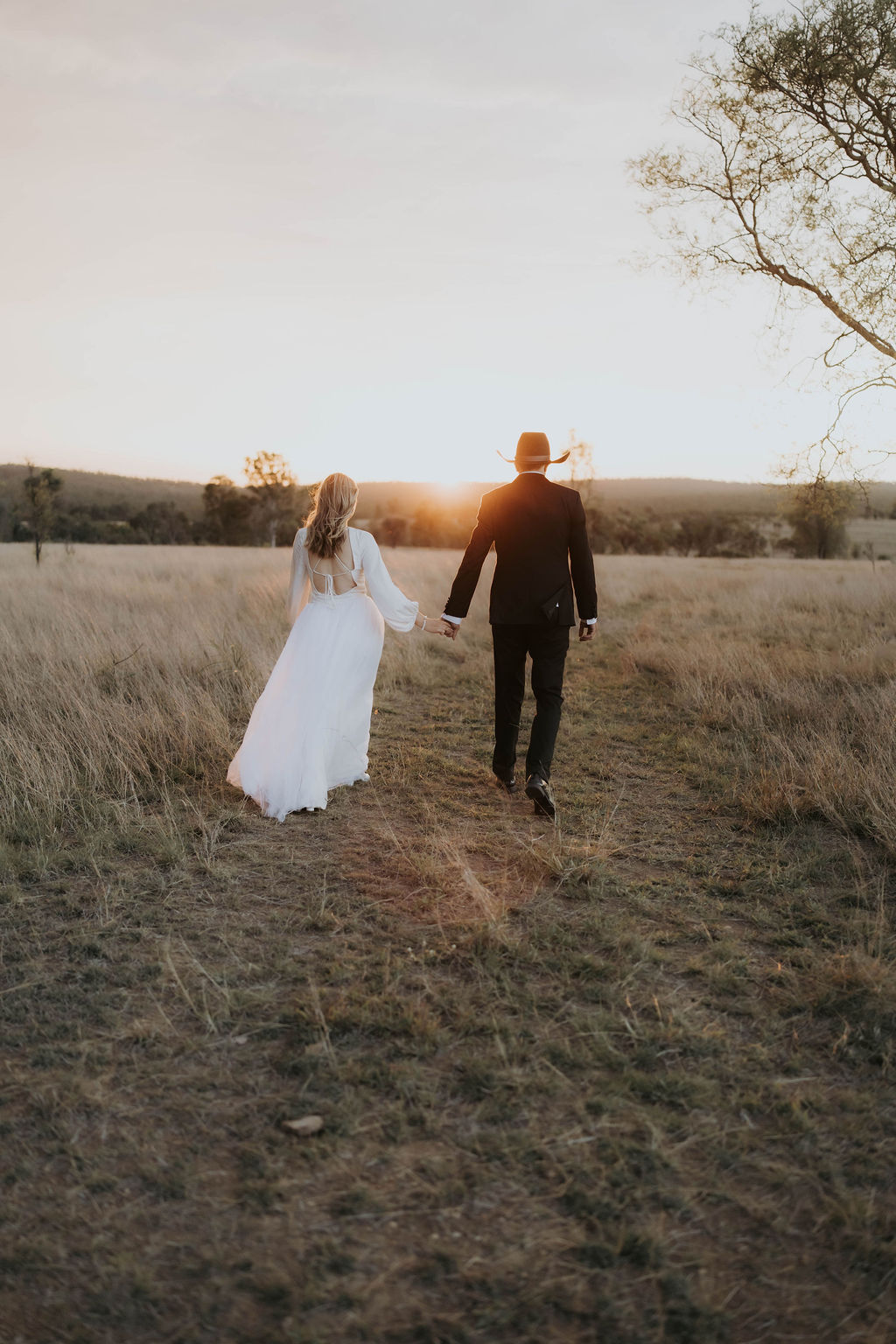Anne-Maree in the shed after the flood.
Photography Jeff Lloyd.
Sign up to our mailing list for the best stories delivered to your inbox.
The family went from drought to floods in just three days.
Producer Amie Shann Photographer Jeff Lloyd
Grazier and photographer Anne-Maree Lloyd lives on Jedburgh, a 72,843 hectare property situated on the Barcoo River between Yaraka and Windorah in western Queensland’s Channel Country, with her husband Jeff, where they run an organic Hereford cattle operation.
Graziher first met Anne-Maree back in 2023 for our In the Yards special in issue #33, where she reflected on her family’s life on the land and some of its biggest challenges. Now, the Lloyd family are facing one of their biggest challenges yet — a record-breaking flood, inundating their home of 30 years and washing away their livestock and livelihoods. Here, Anne-Maree provides an update on their situation.
You went from drought to flood in a matter of three days and had to be evacuated — can you tell us what happened?
We didn’t get much summer rain unfortunately, so things were pretty dry and the livestock were feeling the pressure of the drought. Then we saw there was rain coming and we were very happy about it. We moved our cattle out of the channels of the Barcoo River and our cars to higher ground, as we always do in preparation for a run into the river.
Little did we know that it would be 200mm per night instead of 20mm.
On Wednesday night/early Thursday morning, the water rose quickly and started bubbling through the floorboards of our house. We evacuated to Longreach and we had to leave our dogs on a sand ridge with dog nuts and hope that they survived.
View this post on Instagram
How much rain did you receive?
We had about 465mm but upstream from us were having approximately 200mm every day for three days.
Could you give us an update on your situation?
We have been slinging feed into our stranded cattle this week, with the help of some fabulous helicopter pilots. Today, we had two helicopters muster our cattle and swim them out to higher ground.
View this post on Instagram
The devastation is unimaginable — how are you all coping?
At the moment, we’re just focusing on what needs to be done day-by-day. The men are focusing on the stock and I’m working through the logistics of getting vehicles, finding somewhere to live and sorting out the insurance claims.
We saw that you had found your working dogs after having to leave them when you evacuated — how are they?
They’re all exhausted and a little worse for wear but they are alive and well, thank god.
View this post on Instagram
And lastly, what can people do to help?
People have been so generous with their messages of support and kind wishes, it’s quite overwhelming at times. It’s humbling to know that so many people have your back. In the short term, we’ll need help with the cleanup and in the long term infrastructure, like the fencing, will need to be replaced.
Farm Angels are taking donations at the moment and the local councils are doing an amazing job of supporting people. There are so many families affected in these small communities and it will take time, hard work and money to get everything back to the way it was.
You can make a donation to Farm Angels, to help the Lloyds and other families affected by the devastating floods in south-west Queensland.

What began as a postcard-perfect country wedding soon became a story of survival, strength, and the unshakable heart of rural Australia.

Current custodian Penny Lamont says the heritage garden is designed for easy-care and dry times.